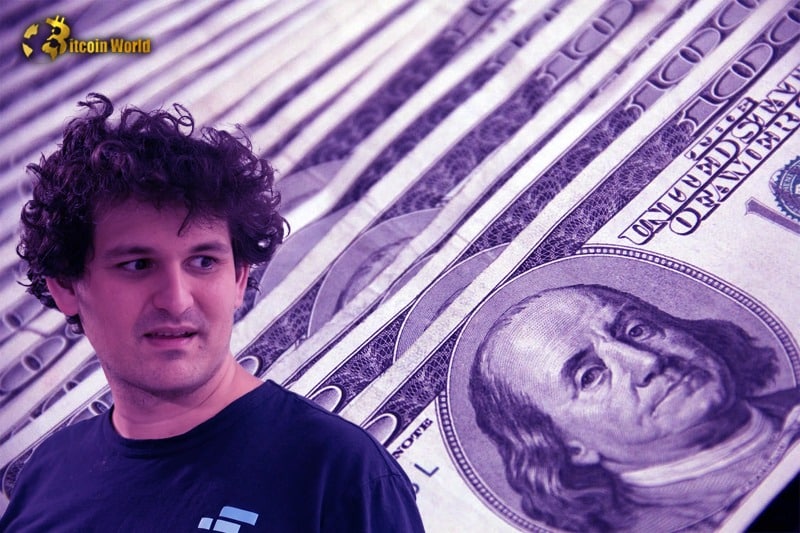Once, former FTX CEO Sam Bankman-Fried found himself in a state of apprehension regarding several matters. He was anxious about regulatory actions against Binance and was concurrently engaged in raising capital from a Saudi crown prince. These intriguing revelations come from the testimony of Caroline Ellison, the former CEO of Alameda.
In the weeks and months preceding the eventual collapse of the crypto exchange FTX, Sam Bankman-Fried’s concerns extended to Alameda, investments in Snapchat, soliciting capital from Saudi royalty, and advocating for stringent regulations against rival crypto exchange, Binance. Caroline Ellison’s personal notes unveiled these facets during her testimony in New York.
Within the courtroom, Ellison highlighted the significance of a major disruption in the Terra ecosystem in May 2022. This incident had spurred Bankman-Fried to contemplate the potential closure of Alameda, in conjunction with a substantial capital infusion of $1 billion from the Saudi Prince, a notable investor in blockchain gaming through Saudi Arabia’s sovereign wealth fund.
Another aspect of Bankman-Fried’s agenda was a strategic push to intensify regulatory oversight over the crypto exchange Binance, a tactic aimed at augmenting FTX’s market share. Unfortunately, Ellison did not delve into the specifics of this proposed endeavor.
Bankman-Fried was also actively pursuing additional funds from crypto lender BlockFi, a source that had already extended loans exceeding $660 million to Alameda. His multifaceted priorities included engaging in the trading of bonds issued by the Japanese government, investing in Snap Inc (SNAP) stocks, and ensuring the well-being of an enigmatic character referred to as “Willie.” While the identity of “Willie” remained undisclosed, it is possible that this referred to Bankman-Fried’s mentor, William MacAskill.
According to Ellison, Bankman-Fried held her accountable for Alameda’s challenges and inadequate risk management. During the trial, Ellison did concede that a more effective risk mitigation strategy might have better positioned Alameda to weather the crypto downturn. However, she also highlighted the significant open-term loans held by the company and the substantial expenditures drawn from its line of credit with FTX.
Open-term loans lack a defined maturity date, allowing the borrower to make prepayments while providing the lender with a call option. In June, lenders such as Genesis Capital initiated the exercise of their call option, mandating Alameda to reimburse millions of dollars. Acting under Bankman-Fried’s directives, Ellison utilized FTX customers’ funds to partially settle Alameda’s outstanding debts. By September 2022, Alameda’s liabilities towards FTX had risen to a staggering $13.7 billion, and open-term loans amounted to $1.3 billion, as disclosed by Ellison.
Additionally, at the behest of Bankman-Fried, Ellison undertook the creation of “alternative” financial spreadsheets for Alameda’s lenders. These deceptive documents aimed to conceal the company’s financial obligations to FTX, presenting a more favorable financial image and dissuading lenders from demanding complete repayment.
Ellison also shared moments of emotional vulnerability during her testimony. In a composed and unwavering manner, she expressed her concerns about the potential withdrawal of funds by customers from FTX, particularly amidst the “liquidity crush” experienced by Alameda.
The cross-examination of Ellison by Bankman-Fried’s defense team is scheduled to commence on October 12th.















